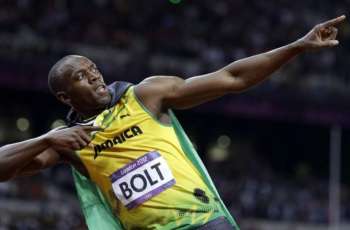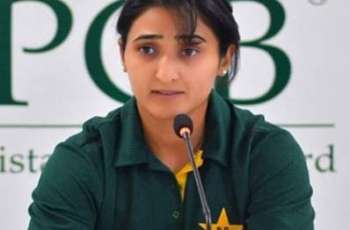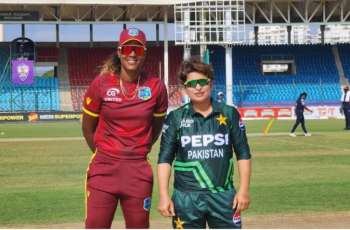More than 70 percent of people in Japan think that the summer Olympic and Paralympic Games in Tokyo should either be canceled or postponed as public concerns mount over the fourth coronavirus wave and slow vaccine rollout, a poll by Japanese news agency Kyodo showed on Monday
TOKYO (Pakistan Point News / Sputnik - 12th April, 2021) More than 70 percent of people in Japan think that the summer Olympic and Paralympic Games in Tokyo should either be canceled or postponed as public concerns mount over the fourth coronavirus wave and slow vaccine rollout, a poll by Japanese news agency Kyodo showed on Monday.
The survey found that 39.2 percent of the respondents think the Olympics should be canceled, while 32.8 percent believe they should be pushed back once again. Only 24.5 percent of respondents said that the games should be held this summer as scheduled.
Nearly half of the respondents, 49.3 percent, think that the Olympic torch relay, which started on March 25 in the northeastern prefecture of Fukushima and was expected to pass through all of the country's 47 prefectures before the Olympic opening ceremony on July 23, should be canceled in areas with high coronavirus infection rates. Another 35.9 percent believe that the relay should be called off entirely and only 13.2 percent said it should continue.
The survey has found that the majority of Japanese citizens are seriously concerned about the increase in new infection cases, with 92.6 percent replying they "feel anxious" about it and over 60 percent showing dissatisfaction with the vaccination rates.
The poll results come amid a countrywide coronavirus surge. On Monday, the governors of Tokyo, Kyoto and Okinawa followed their colleagues from Osaka, Hyogo and Miyagi prefectures and toughened their responses to the pandemic. The measures include early closure of restaurants and bars in densely populated areas and limiting attendance at large events to 5,000 people.
The survey covered 656 randomly selected households with adult voters and 1,185 mobile phone numbers.



